So often we are inspired to write when faced with life-altering events. Birth, death, and significant life-changing experiences can suddenly trigger an outpouring of creativity. So often these creative surges propel us into new hobbies, careers, entrepreneurial ventures, or approaches in philosophy or work strategies. Over the new while my blogs will feature the background for the creation of my stories. My hope is that these backstories might offer you ideas to draw from and inspire you to write your stories.
The year I turned 50 I participated in the Reflections on Practice – Action Research course through the Elementary Teacher’s Federation of Ontario. It was one of my most gratifying professional development experiences over my entire career. This year-long course exposed me to leadership development while challenging me to develop an action research project that I was to apply to that year’s teaching assignment. It required me to identify a concerning issue for me as an educator and/or for my class and/or school, namely, social skill development. The next step was to build an action research project, with the intent of improving the issue, as it was applied to my class/school. It required structure, rigor, data collection, and collaboration from fellow participants and school staff. In the end, I was able to test a new social skill training strategy, engage the collaboration of staff and students, and author a published research report.
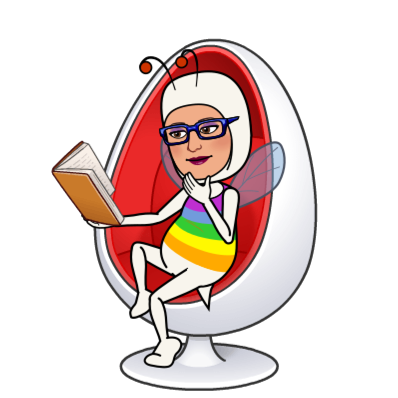
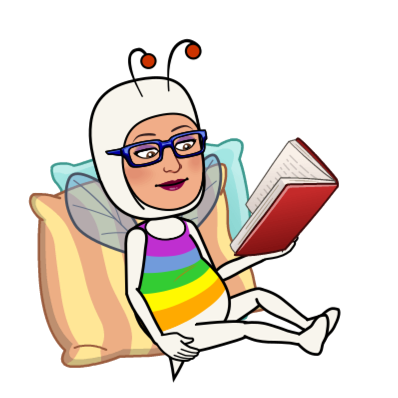
So how did this action research end up being rooted in story? When I returned to teaching in 1997 and began teaching at Hillsdale, Leslie Bell and I organized and emceed the social skill assemblies. The major curriculum at that time was literacy development. We discussed how all the classic children’s stories addressed social skills and problem-solving. Consequently, we began to include fairy tales and children’s stories as examples of how to appropriate act or not act. The first year, I was obnoxious Captain Hook. Through that year as Hook during the assemblies, I reformed my behavior with the guidance of Tinker Bell (Leslie). These prior experiences inspired me to create a set of social skill stories that would dovetail into the science, social science, and literacy curriculum themes of the elementary grades.
Before I knew it, while engaging in my hobby of writing poetry, story ideas came fast and furious as eleven alliterative rhyming couplet social skill stories birthed. Subsequently, I applied and received a $1,000 that was used to create 11 video re-enactments with our Highview students acting out the stories. These videos were produced and directed by Doug Lenz and his team of fellow Mohawk College students.
Each story was written featuring a particular letter of the alphabet. The goal was to write the story with as many words starting with the chosen letter. The first story was titled Problem Solving With O’s. This one didn’t hook into the curriculum but the favourite story theme of pirates. The letter O was the alliterative feature. My parent’s at times argumentative discussions spurred the formation of the characters Olga (my mother’s name) and Oliver. I also incorporated the basic premises of connecting behaviors from William Glasser’s Choice Theory.
Our life experiences and the people we meet form the basis of our own reflections, learning, and stories. We can relate an experience as it factually happened or we can choose to alter it, creating fiction. Using my wise analytical mom, Olga, as the character of reason in this story reflected the coaching she used to do with my enthusiastic and commanding father. Olga and Oliver were similar to my parents. I began to brainstorm what my parents would be like if they were childhood friends. Moreover, how could the principles of Choice Theory unfold in a childhood activity? My ponderings became meanderings of possibility until like painting a picture, words blend into a painted story. Given the added alliterative challenge, the story was written with 50 ‘O’ words.


Stories are often created to be shared to teach and enhance understandings. They help us connect the dots gain new perspectives. As parents, grandparents, and teachers we can use stories, factual or fiction, to inspire. Why not draw on your personal experiences to write your own stories that might provoke thought or positive change?
Quick Take Away Link:
Now here’s a tip when writing from experience:
https://www.writersdigest.com/write-better-fiction/five-tips-when-writing-from-experience

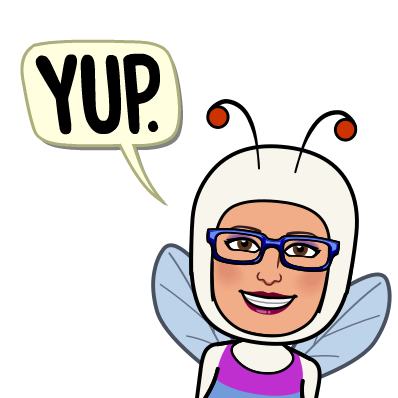
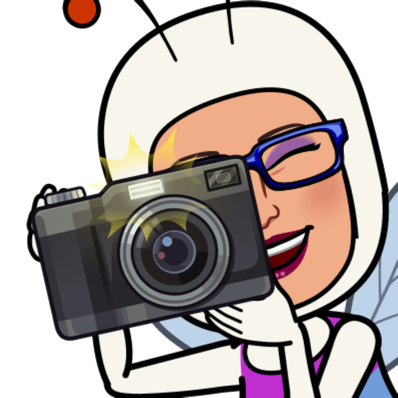


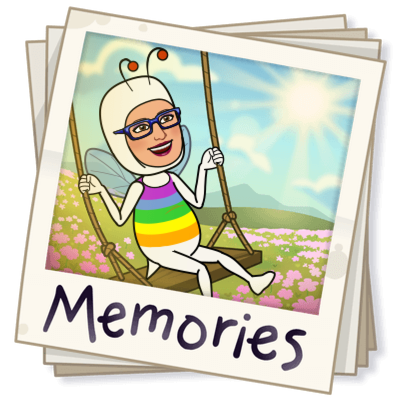
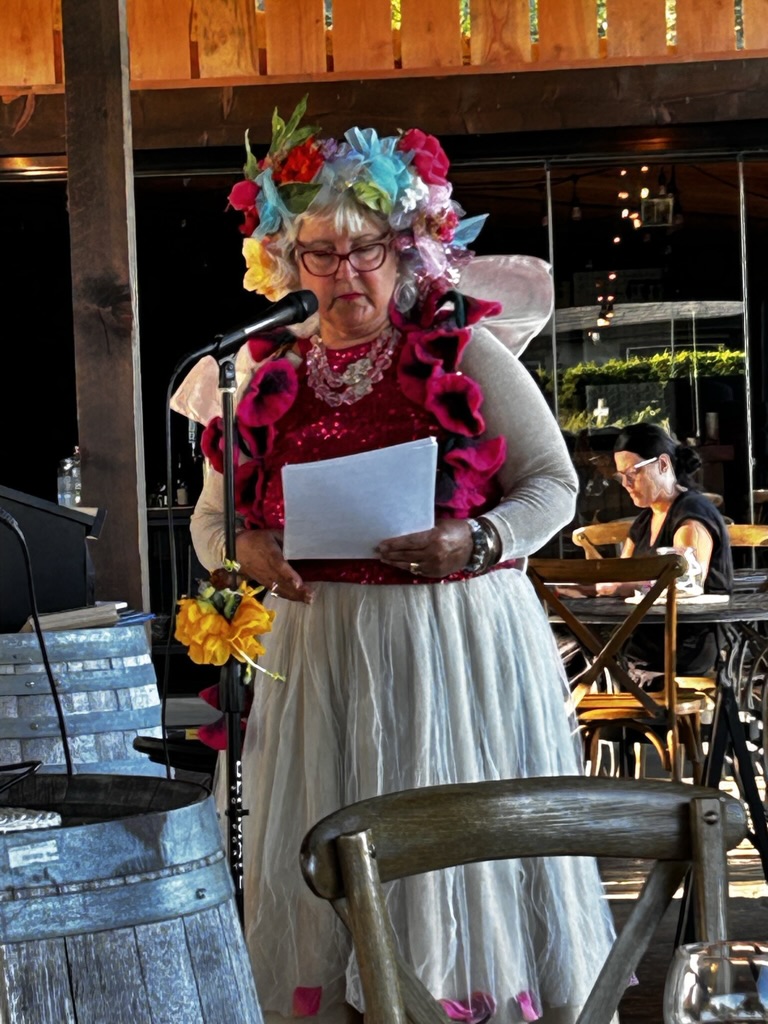
[…] https://mcrolston.com/do-you-love-how-the-art-of-story-mimics-life-and-life-mimics-the-art-of-st… […]
[…] How Often Have Delicious Dinners with Good Friends Inspired Creativity? Prev Post […]
[…] The Fracturing of Fairy Tales Brings New Spins on Old Classics! Prev Post […]